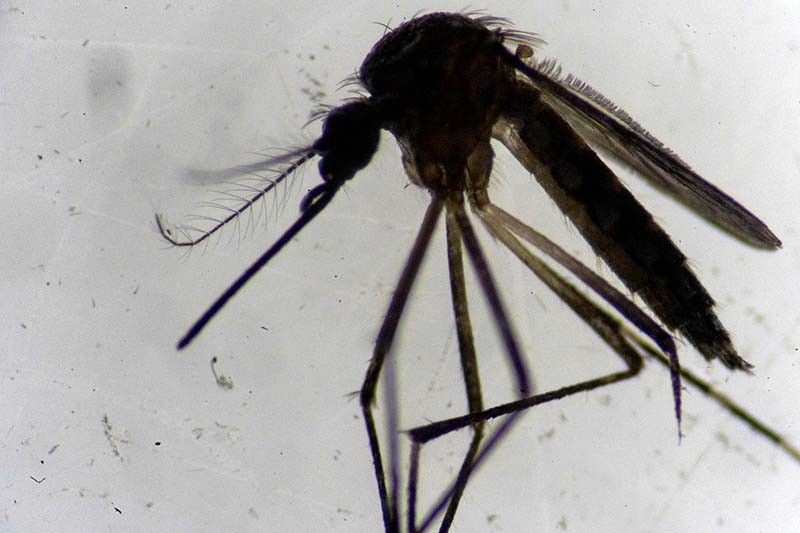Groups alarmed over rise in dengue cases in Odette-hit areas

MANILA, Philippines — Humanitarian groups raised concern over the spike in dengue infections in areas badly hit by Supertyphoon "Odette" (International name: Rai) in Visayas and Mindanao and called for continued aid for typhoon survivors.
“Local health officials have warned earlier this year that Super typhoon Odette could trigger a rise in dengue infections as flooded areas become breeding grounds of mosquitos. And that’s what we are seeing now,” Oxfam Pilipinas Country Director Lot Felizco said in a statement.
Felizco noted that dengue cases are on the rise in Surigao and Dinagat Islands, Caraga, which were among the most devastated areas by Odette.
The Caraga region (Region XIII) reported 867 dengue cases from Jan. 1 to May 14, 2022, data from the Center for Health Development-CARAGA show. This is a 287.1% jump from Caraga’s reported cases from the same period last year.
A May 2022 report by the United Nations Office for the Coordination of Humanitarian Affairs (OCHA) also said dengue cases are climbing in Southern Leyte.
Healthcare workers are also exhausted in the typhoon-affected areas, Felizco said, due to “competing priorities such as the provision of routine and essential care, vaccinations and controlling the spread of COVID-19.”
Rights group CARE Philippines urged civil society and the government to provide more assistance for typhoon survivors from far-flung areas who received little to no support due to geographical and humanitarian barriers.
“We hope the newly elected chief executives could continue efforts in helping households and communities affected by Super typhoon Odette as there are still so many things that need to be done almost 6 months since the typhoon devastated the Philippines,” Felizco said.
Since Odette’s destructive landfall in December last year, around 7,000 people were displaced in regions of Western Visayas, Eastern Visayas, Central Visayas, Eastern Visayas, MIMAROPA and Caraga, according to UN OCHA.
Felizco expects the Philippines to brace for even stronger typhoons, but he stressed the government to shift to renewable energy in addressing rising global temperatures that have contributed to extreme typhoons.
“The continued carbon emissions will only worsen the impacts of climate change, resulting in more catastrophic typhoons,” said Felizco.
In February, the Intergovernmental Panel on Climate Change reported that the world faces “unavoidable multiple climate hazards” over the next two decades with a global warming of 1.5°C. With climate change a grave and mounting threat, IPCC Chair Hoesung Lee stressed that the landmark report served as a “dire warning about the consequences of inaction.” — Intern, Jan Cuyco
- Latest
- Trending





























